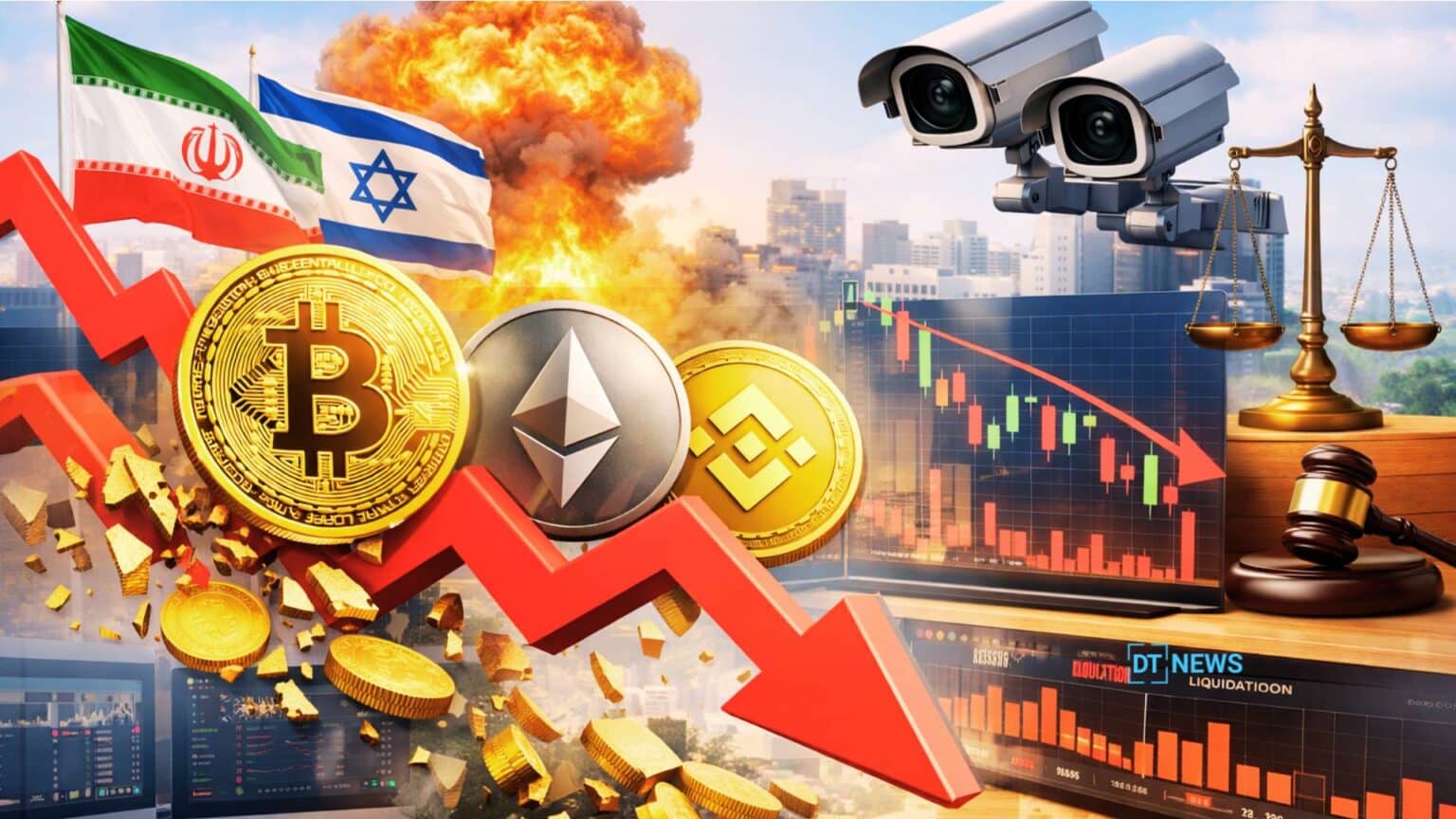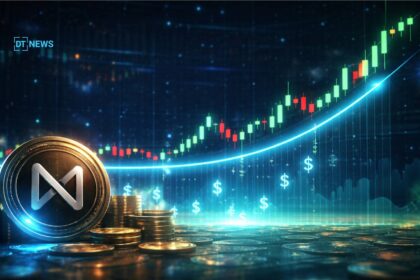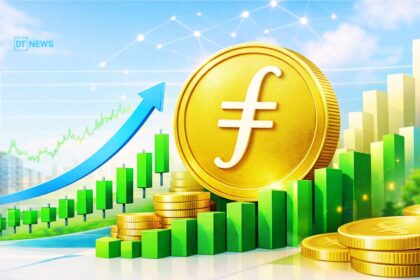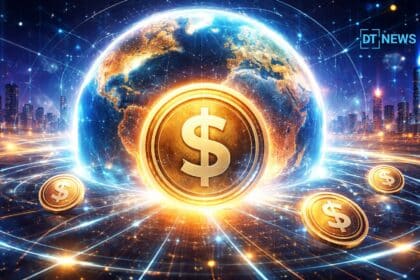Bitcoin Price Rebound Faces Headwinds From UN Alarm, Hormuz Oil Risks
This article was first published on Deythere. Bitcoin price fell on weekend geopolitical…
How Layer 0 Protocols Unlock Cross-Chain Blockchain Growth
Layer 0 protocols are becoming the key foundation for blockchain interoperability, changing…
How Trump Bitcoin Influence Reshapes Market Sentiment and BTC Volatility
Trump Bitcoin influence continues to be a significant factor in the cryptocurrency…
Top Altcoin Rotation Backed by Liquidity and On-Chain Metrics
Crypto markets are increasingly seeing the return of capital rotation into high-activity…
Aptos Price Prediction: APT Surges 13% After $1 Breakout
Aptos price prediction has taken center stage after APT surged 13% in…
Ripple and t54 Labs Target Regulated AI Payments in $5M Seed Funding Round
This article was first published on Deythere. San Francisco startup t54 Labs…
NEAR Liquidity Sweep Clears $1.26 as Traders Reprice the $1.35 Route
This article was first published on Deythere. Near Protocol’s token moved on…
Filecoin Price Analysis: FIL Surges 13% to $1.05 on $314M Trading Spike
Filecoin price analysis shows a strong recovery as market conditions begin to…
How Ethereum Strawmap Roadmap Separates Block Speed and Finality
Ethereum Strawmap roadmap lays out a four-year technical direction that explains how…
Stablecoins Growth Hits $226B as Banks Face Payment Shift
This article was first published on Deythere. Stablecoins growth is quietly reshaping the…








































